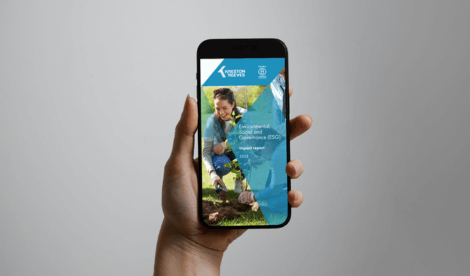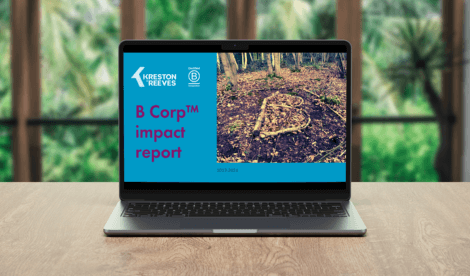16th April 2024 Non-dom regime – time to act now
Following on from the update in March after the Spring... Read more
Suggested:Result oneResult 2Result 3
Sorry, there are no results for this search.
Sorry, there are no results for this search.
View all peopleFollowing on from the update in March after the Spring... Read more
A small team from Kreston Reeves and Brachers were privileged... Read more
This time last year, we were delighted to achieve B... Read more
Our 2023 ESG impact report covers activity from 1 January... Read more
Our 2023-2024 B Corp™ impact report outlines our impact scores... Read more
It is now expected that the Government will call a... Read more
There are many ways to help reduce your income tax... Read more
Losing a loved one is a challenging and emotional time.... Read more
Understanding how the Construction Industry Scheme (CIS) impacts individuals and... Read more
How efficient is your business? It is a question that... Read more
Making Tax Digital for Income Tax is a new way... Read more
The demand for new homes is greater than ever and... Read more












